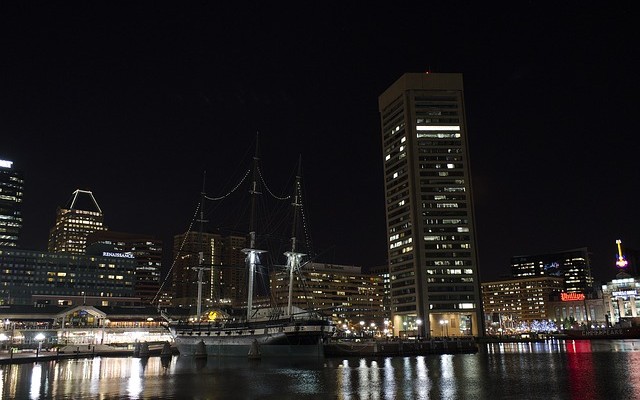The casino industry in the United States has gone through a rough period over the last 18 months but Maryland casinos have been an exception to the general market stagnation. The five casinos in the state of Maryland have been successful in maintaining a strong customer base and has generated around $1 billion from casino gambling and lottery tickets during the fiscal ending 30th June 2015.
Maryland Lottery and Gaming Control Commission (MLGCC) are confident that the market within Maryland will continue to grow as these five casinos generated around $96.7 million in August 2015 which was a 20% increase when compared to the revenue generated in August 2014. MLGCC Director Gordon Medenica believes that Maryland will bring in a lot more revenue in 2016 as MGM Resorts’ National Harbor is expected to open before the end of 2016.
U.S. gamblers who have problems often call on their respective state to provide them with counselling and therapy free of cost. However, no such arrangement is present in Maryland which means that gamblers in Maryland will have to fund their own de-addiction treatment. Based on stats from Maryland’s 1-800-GAMBLER FREE hotline, the number of problem gamblers in 2015 has increased with a total of 619 gamblers calling up till date and asking for help. The total number of calls received in 2014 was only 533.
Maryland also has a Voluntary Exclusion Program that encourages problem gamblers to register with them and voluntarily disqualify themselves from entering any casino. In 2013, there were 204 people who registered themselves and in 2015, there are close to 900 people who have registered themselves as gambling addicts.
In a statement, Deborah Haskins, president of the Maryland Council on Problem Gambling said “When gamblers reach out to us, they’re in crisis… it’s out of control, they don’t have any money. When the person doesn’t have treatment as an option, it’s like you’re putting a brick wall in front of them. You’re commending them for taking the first steps, but then you have nothing else to provide them. It’s very frustrating.”
Maryland has donated close to $4 million to the Maryland Center of Excellence on Problem Gambling in 2014 and the money is being used to hire more counselors and health providers and then train them to work with problem gamblers and offer them peer counselling services.


